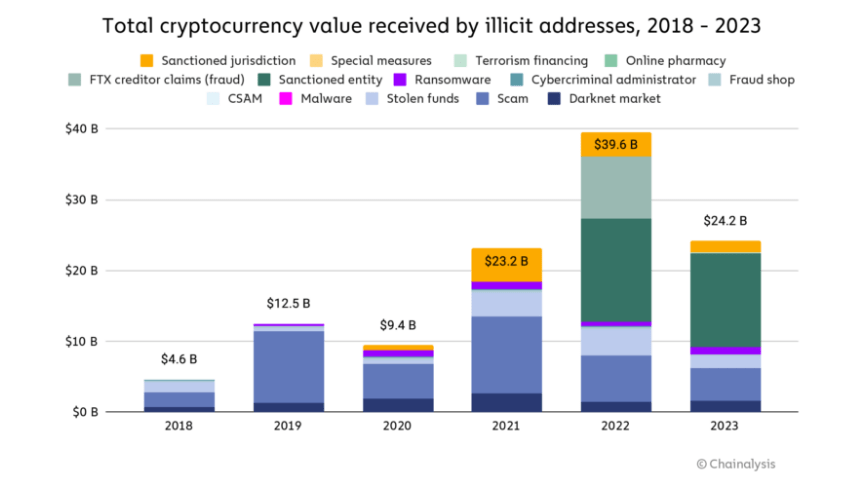A federal judge sentenced Mohammed Azharuddin Chhipa to 30‑years and four‑months in prison. The Department of Justice disclosed on May 9 that Chhipa transferred over $185,000 in cryptocurrency to Islamic State handlers.
He operated the network from October 2019 through October 2022. The money he collected was wired online and in person, then converted into crypto and forwarded to handlers in Turkey.
Funding The ISIS
According to reports, Chhipa’s wire transfers weren’t insignificant. More than $185,000 went through his accounts over three years. Some of that cash went to pay ISIS militants’ wages. Some of it funded female members to escape from prison. He used routine tools—phones and email—into a terror group’s funding pipeline.
Mohammed Azharuddin Chhipa, 35, of Springfield, was sentenced yesterday to 30 years and 4 months in prison for providing material support to ISIS. https://t.co/a8Ean2kAzH
— U.S. Attorney EDVA (@EDVAnews) May 8, 2025
Tactics Used To Evade Detection
Prosecutors indicated that Chhipa had the expertise of covering his trail. He used misspelled email pseudonyms to conceal his identity. He changed phones and opted for phony names when he reserved transportation.
He even drew the eye of Interpol. Authorities notified him on a Blue Notice after he attempted to cross from Mexico to Egypt. He was convicted by a jury in December 2024 on one count of conspiracy and four charges of making material support to a listed terrorist organization.
Other Seizures And Blacklists
The Chhipa case is not an isolated incident. On March 27, the Justice Department seized approximately $200,000 in crypto associated with wallets operated by Hamas. According to DOJ reports, those wallets had laundered over $1.5 million since October 2024.
At roughly the same time, the Treasury’s Office of Foreign Assets Control blacklisted eight addresses. They report that Yemen’s Houthis used those wallets to purchase weapons and evade sanctions.

Global Effort To Fight Crypto Abuse
Based on Chainalysis figures, extremist groups received at least $24.2 billion in cryptocurrency in 2023. It is a low percentage of overall illicit crypto flow, but it still supports violence.
The United Nations’ Counter‑Terrorism Committee cautioned that, left unchecked, terrorists may shift from cash and bullets to all-digital funding. Officials are calling for tighter anti‑money‑laundering regulations and greater collaboration between governments and crypto companies.
In sentencing Chhipa to a long term, US judges are setting a boundary. They’re stating that crypto won’t be used differently from money when it assists terror groups. The case is highlighting an increasing view: if you fund terror, face time behind bars—regardless of how you transfer the money.
Featured image from The Atlantic, chart from TradingView

Editorial Process for bitcoinist is centered on delivering thoroughly researched, accurate, and unbiased content. We uphold strict sourcing standards, and each page undergoes diligent review by our team of top technology experts and seasoned editors. This process ensures the integrity, relevance, and value of our content for our readers.


